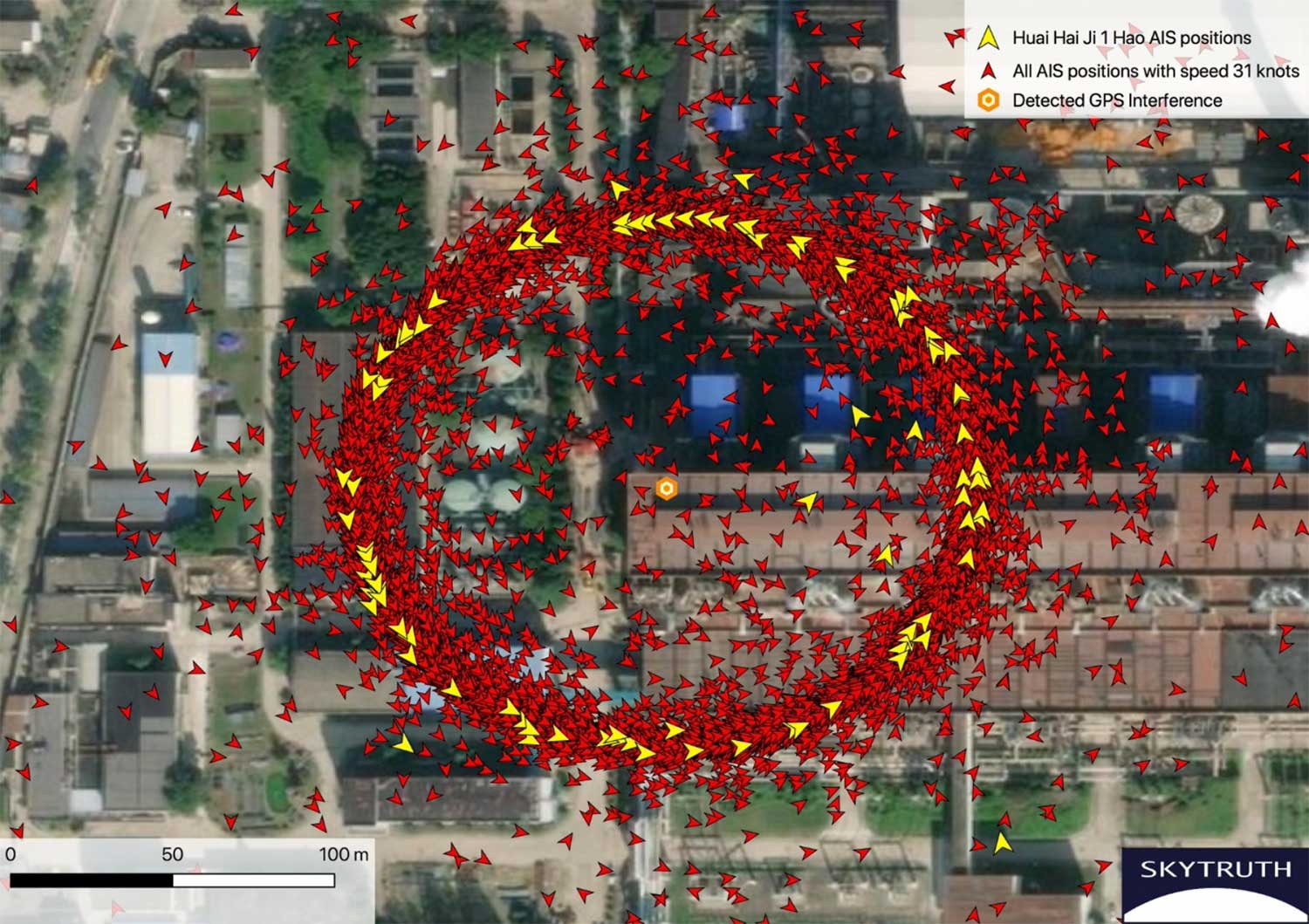Bani Brusadin
Infrascapes of cognition
A short talk for Medialab Matadero’s LAB#03 in which I imagined possible paths of artistic research around the notion of 'infrastructural landscapes of cognition'In 2023 I joined Medialab Matadero's LAB#03 year-long program - titled Synthetic Minds - as mentor and contributor, together with writers, technologists and visionary thinkers Bogna Konior and Ed Keller. The program began with an online webinar where the team approached the main theme and suggested possible paths of research around and through it.
Curated by Eduardo Castillo Vinuesa, artistic director of Medialab Matadero.
Below on this page are the recordings of the full webinar and a short summary of my contribution.

In this webinar I decided to approach the idea of synthetic cognition from both a symbolic and material perspective, first. I believe that intelligence can be understood as an adversarial set of practices that help visualize different power structures and geographies.
My proposition is simple. Take for instance AI, synthetic imagery and LLMs (Large Language Models): not just intelligence, but a clash of intelligences is locked in the aesthetic and political processes that become visible through those technologies. And the same is true for sprawling energy networks, remote sensing technologies and the adoption of AI systems in the theater of war. As well as the intricacies of global logistics and labor management, and even people’s material imaginations about the future.
My contribution to the LAB#03 is about adopting artistic and other unconventional methods that I (tentatively) label as: Reconnaissance, Extracting Samples, Inconsistencies, Bending Time & Space, Alpha & Beta Versions, Incomplete Models.
I also suggest a few examples of research areas. The first revolves around the idea of human imagination after anthropocene (or however we want to call it). A "post-anthropocene Humanism", as someone recently called it. Here possible topics would be Supply Chains of Synthetic Imagination, Probabilistic Narratives, Unreal Forensics, Ambiguous Data.
Another field more and more artists/activists/technologists have been trying to excavate is war logistics and the military sensorium as infrastructural hybrid intelligence. A ‘nervous system' enabled by military cybernetics where adversarial intelligences are at play, reducing complexity into patterns, using vertical gaze to flatten the nuances of a territory into simpler layers and vectors of action. In these new “ways of sensing” embedded traces of agency can be found: mapping is quite different than finding targets. Here visibility equals potential death. Possible topics of research: New Cyberwars, Horizontal v. Vertical War, Environmental War, War against the Future, Imperialist Digital Erasures.
The third possible area of research is Logistics. Many believe that widely publicized fears of automation are actually a way of distracting from stagnation, the geopolitics of raw materials, workers’ precarious conditions, etcetera. What seems more likely is that technological developments like ChatGPT may change how jobs are performed in ways that are inflected by local labor conditions in different countries and industries. Following Orit Halpern, I'd say that this turn to computation as the infrastructure of optimization seems unique to our present, at least at this scale, and this brings even more reason to investigate novel labor infrastructures and logistical revolutions & counter-revolutions.
The fourth and last field digs into the idea of calculation, prediction, and speculation. I think it’s important to challenge the financial imagination and link the perception of crisis and uncertainty to calculation machines and speculative technologies. So, a first batch of possible topics pick up from new cybernetics and financial models and are deeply inspired by the work of Bahar Noorizadeh and Farzin Lotfi-Jam, among others: Technocapitalist Singularities, Calculation Machines, Real Time Imperatives. A second batch of topics could be leveraged to explore or imagine models, interfaces, strategies, tactics related specifically to technologies of prediction and “predictive mode” embedded in daily, consumer tech: Technologies of prediction, New Applied Cybernetics, Weaponization of Speculative Tech, Systems of / for / by Uncertainty, Structural Noise.
As you can see, all this samples of possible areas of research are less about robotic awareness or the emergence of singularity than they are about standardized protocols of intercommunication. This is equally about computing as it is about geologies, societies, geopolitics, and other dreams of human control over space, time, and other living beings.